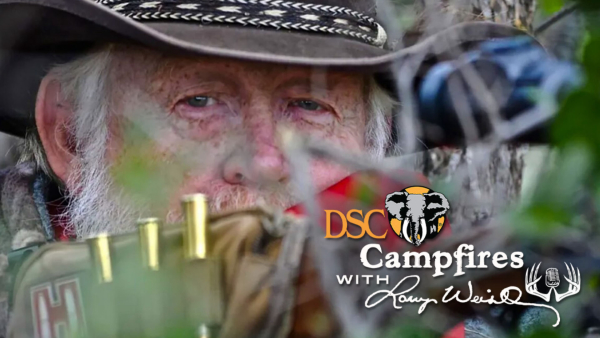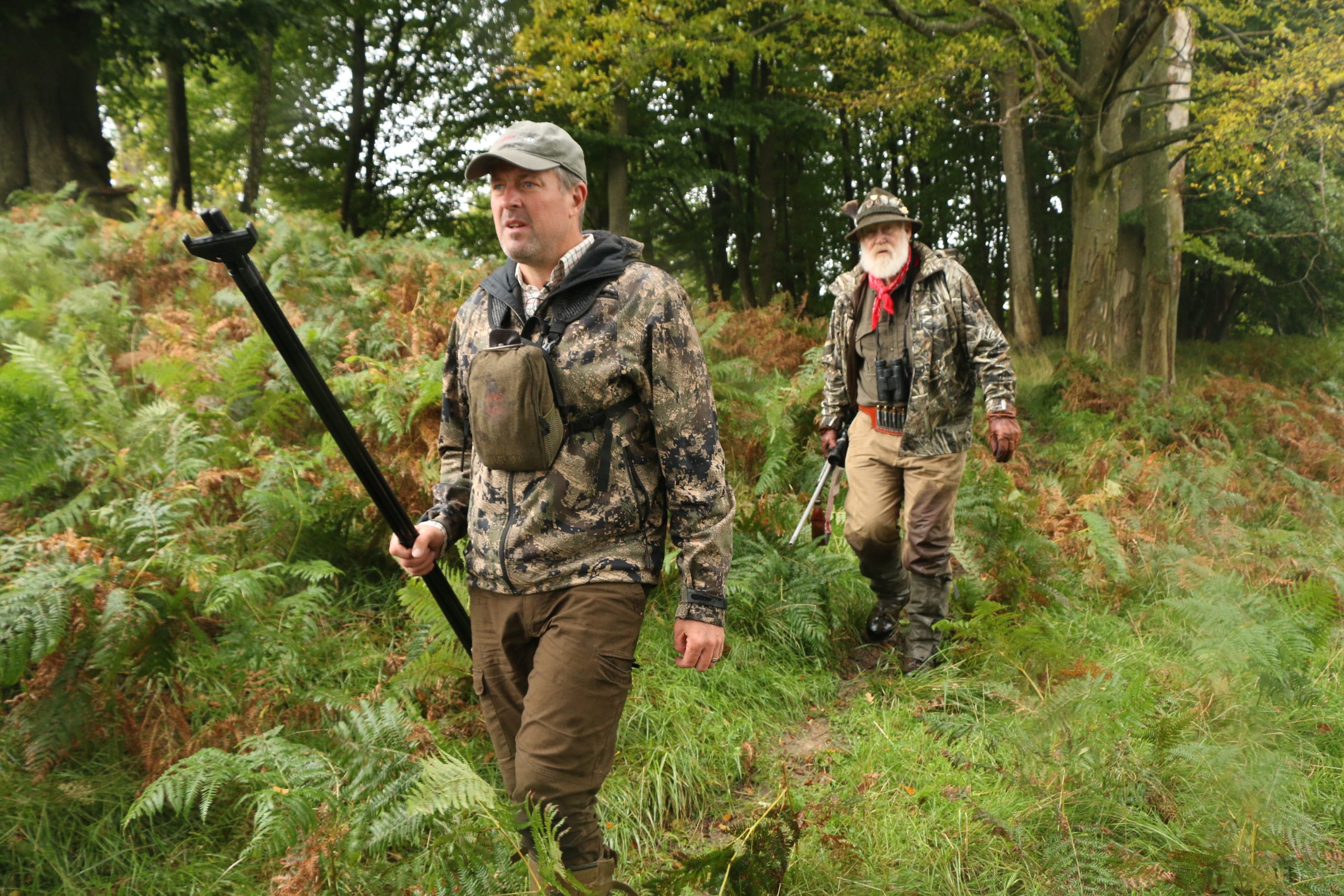This article was featured in the January/February Edition of Camp Talk, our monthly newsletter for our members.
An article in The New York Times last fall highlighted the often forgotten dangers faced by individuals who put their lives at risk to help protect wildlife and end poaching in Africa. DSC commends The New York Times for “A Forgotten Step in Saving African Wildlife: Protecting the Rangers,” which highlights an aspect of wildlife management that deserves more recognition. DSC has long supported anti-poaching efforts and partnered with local groups and governments to train and support these rangers who are a crucial part of the conservation equation.
The article in the Science section delves deep into poaching’s effect on wildlife rangers and the long-lasting results from on-the-job injuries or deaths. Many of the rangers tasked with protecting Africa’s wildlife lack proper training, equipment or health, disability and life insurance. Without this support, the rangers and their families can be left in a financial crisis after a serious injury or death.
The article describes a tragic outcome for Esnart Paundi, mother of five who served as a park ranger in Zambia. In 2010, Paundi was helping to detain two suspected poachers. A third, hidden poacher burst from the bush, killing her partner and eventually chasing down Paundi and killing her. The ranger’s family is now without a mother and income provider.
“Game rangers are the frontline of conservation and vital to the mission of protecting wildlife,” said DSC Frontline Foundation President Karl Evans. “These dedicated professionals assume great risk in their commitment to stopping poaching. While their actions do not get the recognition they deserve, DSC and DSC Frontline have long acknowledged their efforts and stepped up to provide the equipment necessary to prevent the loss of life and limb in the fight for wildlife.”
In keeping with its mission to provide assistance to those in the fight against poaching, DSC Frontline recently provided $10,000 to the devastated family of Claudio Chiarelli – a respected professional hunter who was killed while providing anti-poaching services in Zimbabwe. Claudio’s son Max was also killed in the same incident.
In 2016 alone, DSC and DSCF have given or approved approximately $100,000 for anti-poaching efforts with more funds to be distributed before the end of the year. These grants include funds for the Southern Africa Wildlife College K-9 program, which trains tracking dogs to assist rangers in finding and stopping poachers. The grants also served to fund the highly effective helicopter patrols of Zambeze Delta Safaris Anti- Poaching team, which has recently used the helicopter to dart and collar an elephant and eland bull for tracking purposes in poaching prevention.
DSC and DSCF have also funded efforts of the Zululand Rhino Reserve for the recovery, rehabilitation and reintroduction of orphaned baby rhinos. In the past few years, other grants have gone to providing potable water for rangers who patrol remote, arid areas, buying collars to track animals that are prime poaching targets, and other on-the-ground expenses associated with anti-poaching.
Over the last five years, DSC and DSCF have granted more than $5 million for wildlife conservation, public education and hunter advocacy causes worldwide. These important projects are instrumental within the DSC vision of a society that values wildlife, engages in its conservation and understands and supports the role of well-regulated hunting is the sustainable use of wild resources.
The three DSC organizations form a strong consortium in the mission for hunter advocacy, conservation and outdoor education.
For just the facts—member news, hunting reports, the latest legislation that affects you—turn to Camp Talk. This monthly bulletin is distributed to all U.S. members and advertisers. For an online version of the latest edition, visit the online page here.



